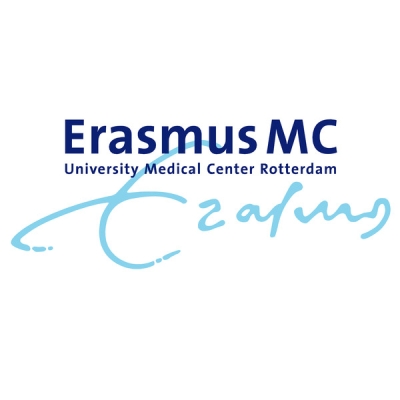Urine test selects only those that do need invasive cystoscopy
Patients presenting with blood in urine (hematuria) comprise up to 20% of visits to urological practices in the Western world. Hematuria is the presence of red blood cells in the urine. An urological cancer is found to be the cause of hematuria in 5% of patients with microscopic hematuria and in up to 20% of patients with macroscopic hematuria. Yet guidelines for the USA suggest a cystoscopy and CT scan for all patients over 35 or at risk. This results in considerable costs. Also, it is an important clinical question to discriminate between a malignant and non-malignant cause of hematuria, since early detection of bladder cancer correlates with an increased likelihood for bladder preservation and improved overall survival.
MDxHealth and Erasmus MC have recently combined forces in the area of bladder cancer diagnosis by showing that a combination of biomarkers from both parties is able to detect bladder cancer in the urine of hematuria patients with 97% sensitivity and 83% specificity. These results were obtained on a cohort enriched for cases. The current project aims at validating these promising results on a prospective cohort of 1000 patients with hematuria of whom 100 are expected to have bladder cancer.
With this project we aim to substantiate that our assay is ready to be clinically applied. The next aim is that MdxHealth brings the assay to the market in the USA. This fits within Pillar I ‘Fundamental Life Sciences Research’ set by the Top Sector Life Sciences & Health as this test will improve the diagnosis of a specific cancer type. Furthermore, this research will match the molecular diagnostics roadmap as it is used to develop a diagnostic tool for bladder tumors.


